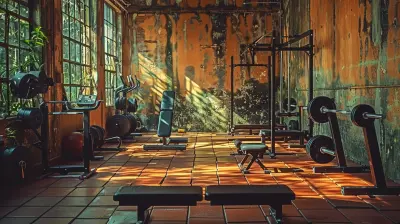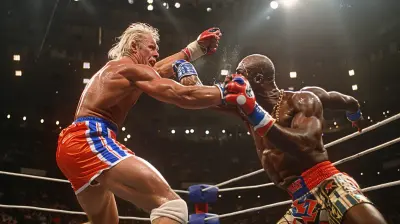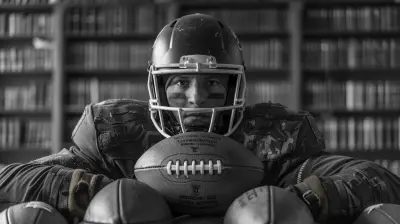The Art of Player Development: Lessons from Top Coaches
27 September 2025
Let’s face it—talent will only take you so far. Being naturally gifted is great, but without the right coaching, most athletes are like unsharpened pencils: full of potential and absolutely useless in crunch time. That’s where player development comes in—the magical, messy, gloriously frustrating art that top coaches have spent years perfecting.
So grab a Gatorade and make yourself comfortable. We’re diving deep into the world of player development, from grit-grinding high school gyms to billion-dollar pro franchises. And don’t worry, we’ll keep it real, a little funny, and definitely human.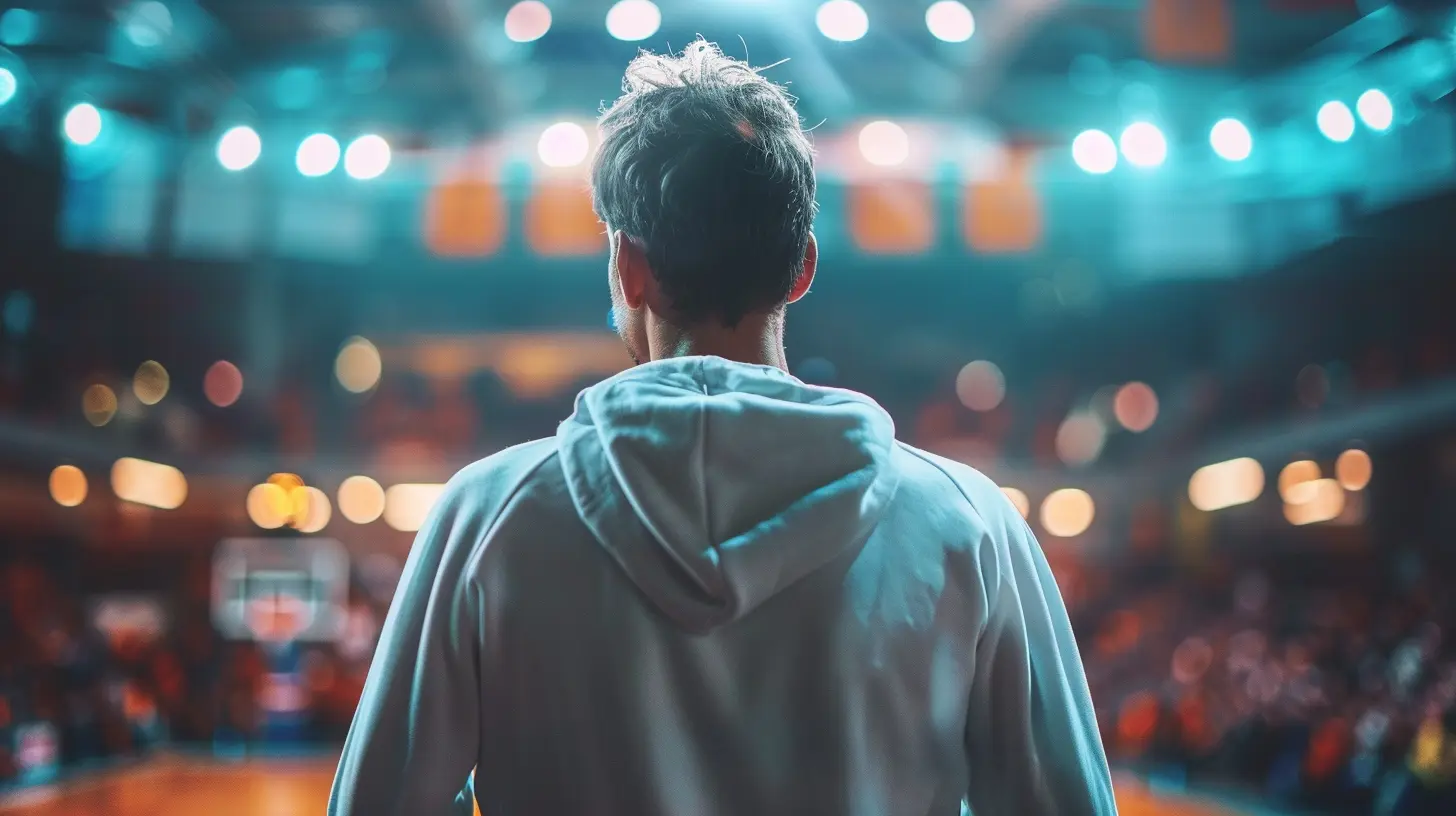
What Is Player Development, Anyway?
Player development isn’t about giving a raw recruit a 5-minute pep talk and expecting LeBron-level greatness. Nope. It’s the long game. It’s the process of turning potential into performance—through skills training, mental conditioning, feedback (lots of it), and a whole lot of patience.In simple terms? It’s the coaching version of “How it started vs. how it’s going.”
Good coaching turns the "How it started" from awkward layups and missed cues to an "How it's going" filled with game-winning shots and confidence that could knock over a freight train.
Why Top Coaches Obsess Over Development (And You Should Too)
Ever wonder why the best coaches seem less like military generals and more like therapists who yell a lot? That’s because they know player development isn’t about barking orders—it’s about building relationships, spotting potential, and slowly but surely molding players into stars.Let me hit you with some truth: Developing players isn’t just about better athletes; it leads to better teams. Want rings, trophies, parades, and confetti raining down from the ceiling? Then you'll need more than just a superstar. You'll need a squad that grew together.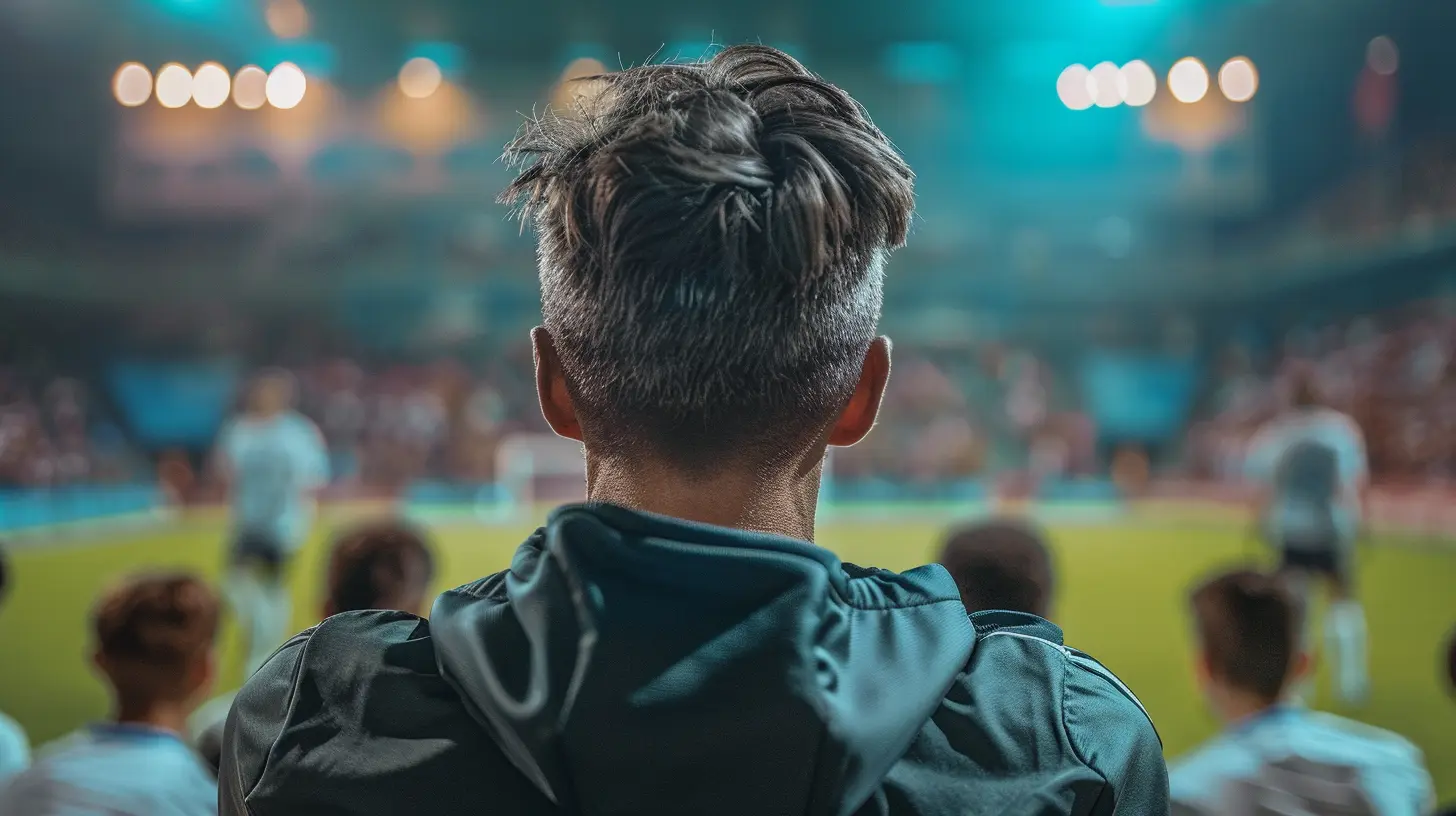
The Big Three Pillars of Player Development
Now let’s get into the meat and potatoes. What do all great coaches focus on when developing players? They pretty much swear by these three pillars:1. Skill Development (AKA The “Practice Until You Bleed” Phase)
Let’s be honest, no one wakes up a master of their sport. Top coaches know that skills make the player. Period. Whether it’s dribbling, passing, shooting, or even just moving without tripping over your own feet—skills need reps.Ever heard the term “muscle memory”? Yeah, that comes from hours of doing the same drill, again and again, until your brain gets the hint.
Steph Curry? Shoots hundreds* of shots a day.
Serena Williams? Hours of serve practice, rain or shine.
Tom Brady? Watches more film than the average Netflix user during a breakup.*
You get the gist.
2. Mental Toughness (The Jedi Mind Training Stuff)
Talent is sexy, but mental strength wins games. Top coaches build players’ confidence like it’s their side hustle.They teach athletes how to deal with pressure, failure, and even success (because yes, success can mess with your head too). Whether it’s bouncing back from a turnover or staying focused when the crowd is louder than a broken smoke detector—mental fortitude is everything.
Ever seen a coach go full Phil Jackson zen-mode? That’s because psychology is just as important as playbooks.
3. Communication (The Glue That Holds it All Together)
A coach yelling “RUN FASTER!” from the sidelines isn’t exactly Shakespeare. Great coaches are elite communicators. They know how to break down complex ideas into bite-sized wisdom.They tailor communication to the person. Some players need the drill sergeant. Others? They need the “Hey buddy, you got this” approach. Knowing the difference is the secret sauce behind so many success stories.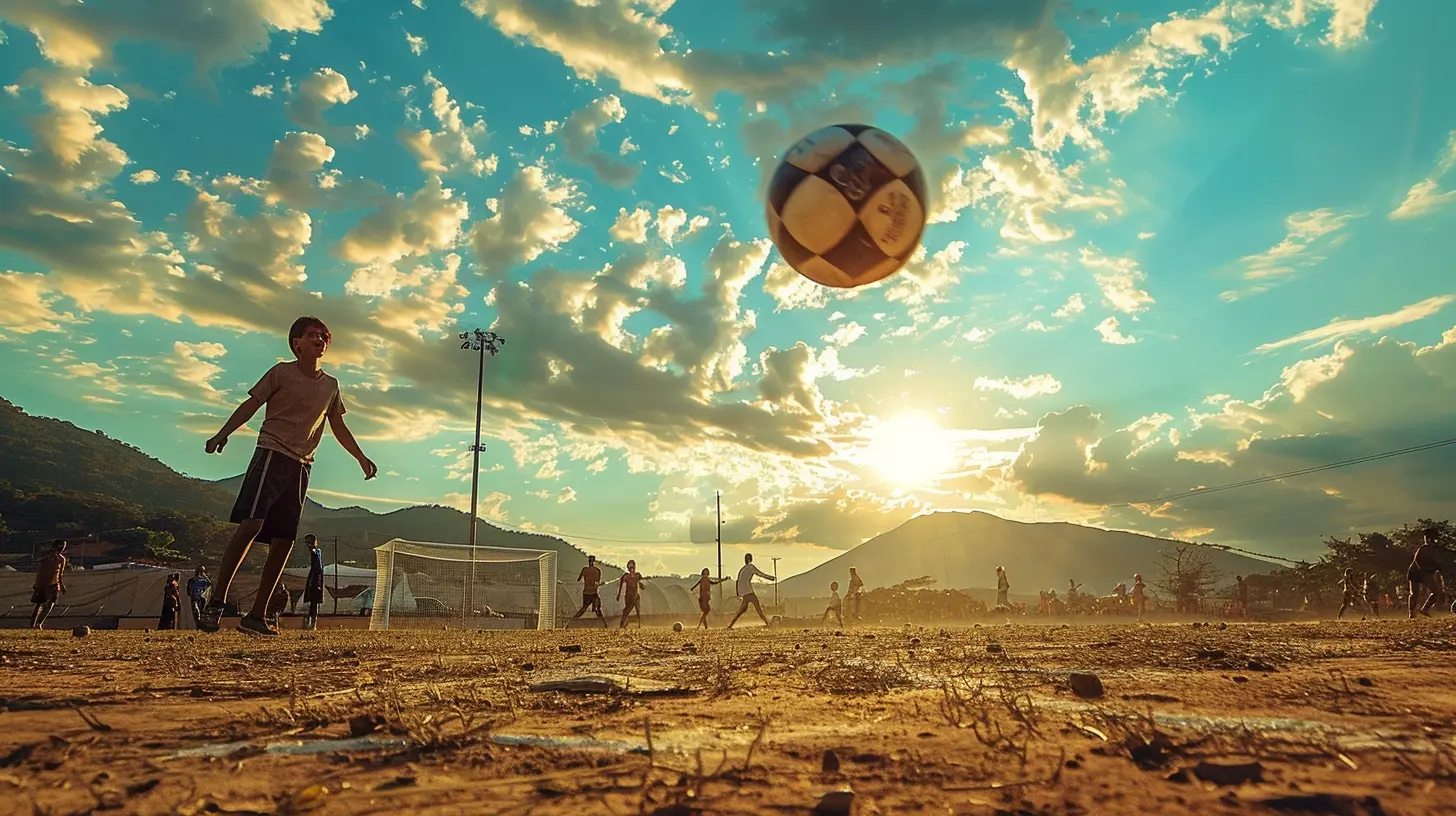
Top Coaches and Their Secret Sauce: What Can We Steal—Ahem, Learn?
Let’s take a look at some iconic coaches and the lessons they’ve dished out (along with a few championship rings).Gregg Popovich (Spurs): The Culture King
Pop didn’t just coach players—he built a culture. He made it clear: no one is bigger than the team. He developed overlooked players into absolute studs (hello, Tony Parker and Manu Ginóbili). And he did it with dry humor and the wisdom of a jaded grandpa who’s seen it all.Lesson: Culture is key. Development thrives in an environment of trust, accountability, and just the right amount of sarcasm.
Anson Dorrance (UNC Women's Soccer): Competitive Cauldron Mastermind
Dorrance created what he calls the “competitive cauldron”—a ranked system to track performance in training. Every sprint, every pass, every drill was graded. Why? Because iron sharpens iron.And unsurprisingly, his method built an army of champions (23 NCAA titles, no big deal).
Lesson: Development needs constant measurement. Keep score if you want to improve.
John Wooden (UCLA Basketball): The Pyramid Builder
Wooden didn’t just develop athletes—he developed humans. He built his famous “Pyramid of Success” and treated things like work ethic, enthusiasm, and friendship as tools of greatness.Lesson: Character matters. Develop the person, not just the player.
Jurgen Klopp (Liverpool): The Hype Man With A Heart
Klopp has a unique energy. He brings passion, positivity, and doesn’t mind bear-hugging his players after a big win (or even a crushing loss). He focuses on belief, relationships, and trust.Lesson: Belief is a form of development. Sometimes, your player’s only limitation is that they don’t believe they’re good enough—until you do.
It’s Not Just A Pro Thing—Development Starts Early
You don’t need a billion dollar budget and a cryo-chamber to start player development. Whether you're coaching U10 soccer or high school basketball, the same principles still apply.- Give feedback that’s clear and kind, not just loud.
- Build habits early—good technique beats flashy highlight-reel plays.
- Celebrate small wins. Get excited when players improve—even if it's just mastering a basic drill.
Remember: You're not just building athletes. You're building confidence, responsibility, and lifelong skills.
Mistakes Coaches Make (And How to Dodge Them Like a Pro)
Even the best screw up. But hey, that’s part of learning. Here are the most common mistakes coaches make when trying to develop players—and how to avoid them:1. Overcoaching
If you're talking nonstop like you're narrating a nature documentary, pause. Players need time to think, try, mess up, and figure things out.Don’t bark orders every five seconds. Sometimes, silence is the best teacher.
2. Ignoring the Individual
Coaching a team? Cool. But don’t forget it’s made of individuals. Each player has different needs, personalities, and learning styles.Cookie-cutter coaching doesn't work unless you're coaching actual cookies.
3. Focusing Only on Game Day
Game day is exciting—but it’s the grind between games where real development happens. Prioritize practice, film sessions, and rest just as much as the scoreboard.4. Losing the Fun
If a player stops enjoying the sport, you’ve already lost. Development shouldn’t suck the soul out of the game. Keep it challenging, sure—but also keep it joyful.Technology: The New Assistant Coach
These days, we’ve got gadgets that would make Inspector Gadget jealous. Top coaches use video analysis, wearable tech, and even AI to track player growth.You don’t need to go full sci-fi, but simple tools can up your coaching game big time.
- Use slow-mo replay to fix shooting form.
- Use heart-rate monitors to track effort.
- Use apps to log progress and give feedback.
Embrace the nerdy side. It pays off.
Final Thoughts: Be The Coach Players Remember
Here's the deal: great coaching isn’t just about wins or trophies. It's about impact. Players remember the coach who believed in them when no one else did. They remember the coach who stayed after practice to help them tweak their jump shot or fine-tune their serve.They remember the journey.
So if you're a coach, remember this—you're not just shaping athletes. You're shaping futures.
And if you're a player? Find a coach who sees more in you than you see in yourself—and then get ready to become the kind of legend who doesn't just play the game, but elevates it.
TL;DR (Because We All Love a Good Recap)
- Player development is an art, not a one-size-fits-all formula.- Top coaches focus on skills, mindset, and communication.
- Success isn’t just about talent—it’s about consistent growth.
- From Popovich to Klopp, the best coaches build more than just athletes—they build people.
- Don’t wait till the pros—great development starts early.
- Tech can help, but the heart of coaching is human.
- Oh, and don’t forget to have fun...seriously.
all images in this post were generated using AI tools
Category:
Coach ProfilesAuthor:

Frankie Bailey
Discussion
rate this article
1 comments
Rachel Sweeney
This article expertly highlights key strategies from elite coaches, emphasizing mentorship, adaptability, and individualized training to foster player growth and success.
October 16, 2025 at 3:01 AM

Frankie Bailey
Thank you for your thoughtful feedback! I'm glad you found the article insightful in showcasing essential strategies for player development.
